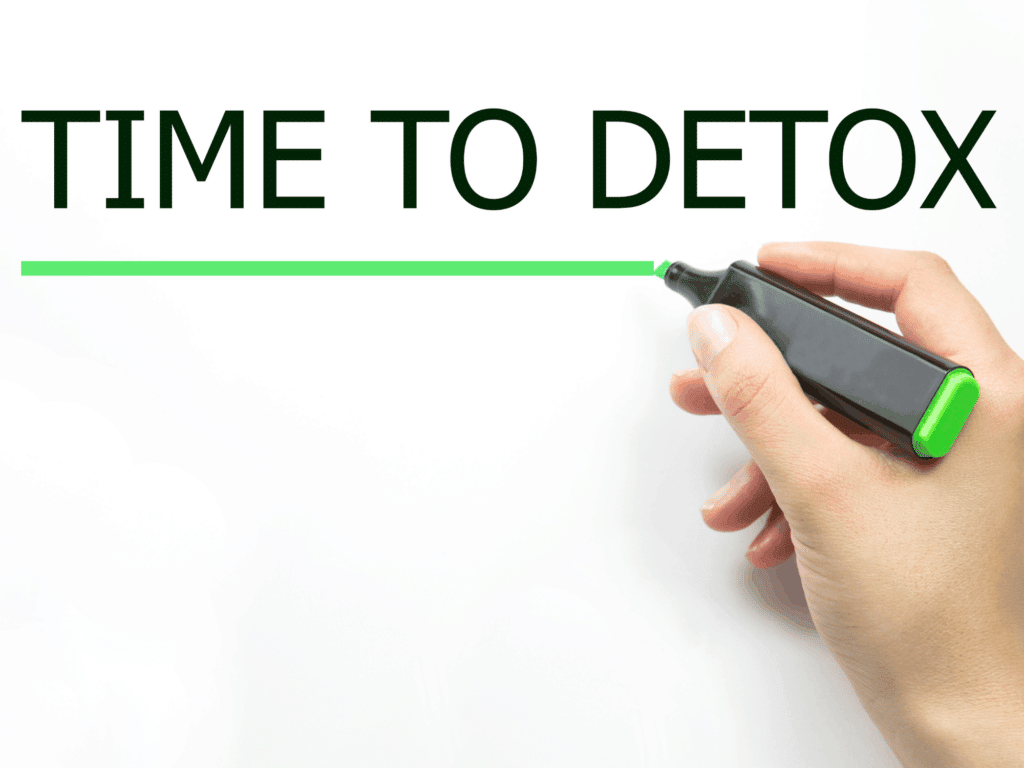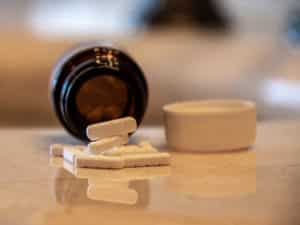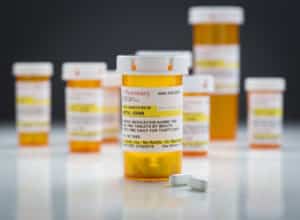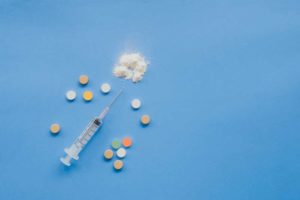Suboxone and Oxycodone
Suboxone is a prescription medication used to treat opiate addiction and withdrawal. The drug was initially used for treatment of heroin and morphine addictions. Since these drugs are chemically related to opiate analgesics such as oxycodone and hydrocodone, Suboxone has been proven successful in alleviating withdrawal symptoms that accompany these drugs as well. Buprenorphine is the main ingredient in Suboxone. Since it is a semi-synthetic opiate derivative, it will produce reactions similar to but more moderate than drugs such as oxycodone. Buprenorphine suppresses withdrawal symptoms and cravings for opioids. It doesn’t produce the euphoria common in drugs that typically produce opioid dependence. Therefore, the abuse potential is much lower than with methadone treatments. Suboxone helps reduce cravings and alleviates opiate withdrawal symptoms to increase the probability that patients will continue treatment.
How to Detox from Oxycodone
Suboxone is effective for detox from oxycodone, with amounts gradually tapering off until the individual no longer experiences withdrawal symptoms without it. At Northbound, we utilize a suboxone taper for opiate detox, but clients are required to be off the drug completely before entering into our residential treatment program. Suboxone alleviates the withdrawal symptoms and cravings that can distract patients from recovery efforts and allows them to focus on addiction counseling. Education and counseling play an essential role in Suboxone detox programs.
Suboxone requires a prescription from a physician or healthcare provider at a drug rehabilitation facility. The initial dose is typically between 8 and 24 mg and is be administered by a physician. The patient is monitored for the first 24 hours to ensure that the dosage is not too large and that there are no adverse reactions. After the first 24 hours, the patient can then take the drug on his or her own, at home. The dosage may be adjusted to provide adequate relief from withdrawal symptoms. The next step in the process is to gradually lower the dosage until the patient can terminate drug use. Some withdrawal symptoms may still be experienced, but they are much less severe than those of oxycodone.
Suboxone Becoming the Preferred Treatment
Clinical trials sponsored by the National Institute on Drug Abuse have found buprenorphine to be effective in opiate detoxification. Buprenorphine has become a widely accepted alternative to methadone. It is viewed as much safer and has a dosage ceiling that limits the euphoric effects. When opiates bind to opiate receptors in the body, it stimulates the release of dopamine which is responsible for the euphoria experienced when using opiates. As the drugs leave the system, the opiate receptors become empty and withdrawal ensues. The buprenorphine in Suboxone attaches to those empty receptors to inhibit cravings and withdrawals without producing the euphoria. The FDA approved buprenorphine for treatment of opioid addiction in 2002. Methadone has proven to be as addictive as other opiates. This has led to Suboxone is becoming more widely used than methadone to treat opioid dependence.
Northbound Treatment Services can help individuals struggling with oxycodone addiction develop coping mechanisms by adopting a lifestyle of recovery. They understand that no two individuals are the same and offer customized treatment plans to meet each patient’s needs. Northbound offers medically assisted treatment for drug addictions as well as counseling and education to treat the underlying causes. Northbound has helped thousands regain control of their lives and function as a productive member of society.
Author
-

President, CEO & Founder at Northbound Treatment Network
Paul Alexander is the CEO, President & Founder of Northbound Treatment Network in Newport Beach, California. He believes wholeheartedly in transformational leadership, organizational health and effective, fully integrated substance use disorder and mental health treatment. With over 27 years of experience in behavioral healthcare, Paul has extensive knowledge of “in vivo” treatment modalities, clinical development, operations, strategy, marketing and financial planning. He has been widely recognized for his development of collegiate-based residential treatment programs for students in recovery and authored a research study at The University of California confirming this modality’s effectiveness.
Paul’s comprehensive professional experience, willingness to innovate, and emphasis on organizational health are vital factors in Northbound’s continued success. Paul received his Certified Addiction Treatment Specialist training at Saddleback College in Mission Viejo, CA, and was awarded Outstanding Alumni Service Award in 2002. Paul holds a Bachelor of Arts degree in Criminology, Law and Society, Summa Cum Laude, from University of California, Irvine, and a Juris Doctorate degree from Loyola Law School of Los Angeles. Paul currently serves on The National Association of Addiction Treatment Providers (NAATP) board. In addition, he serves on The Family Recovery Foundation board and The CarePossible board in Orange County; both organizations are committed to raising funds for family recovery and treatment for former military personnel. Paul is in recovery himself and lives in Orange County with his wife Silvana and his two young sons, Noah and Dean.










